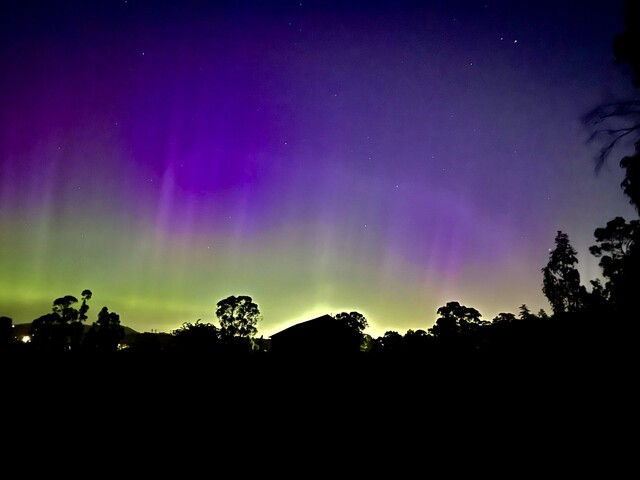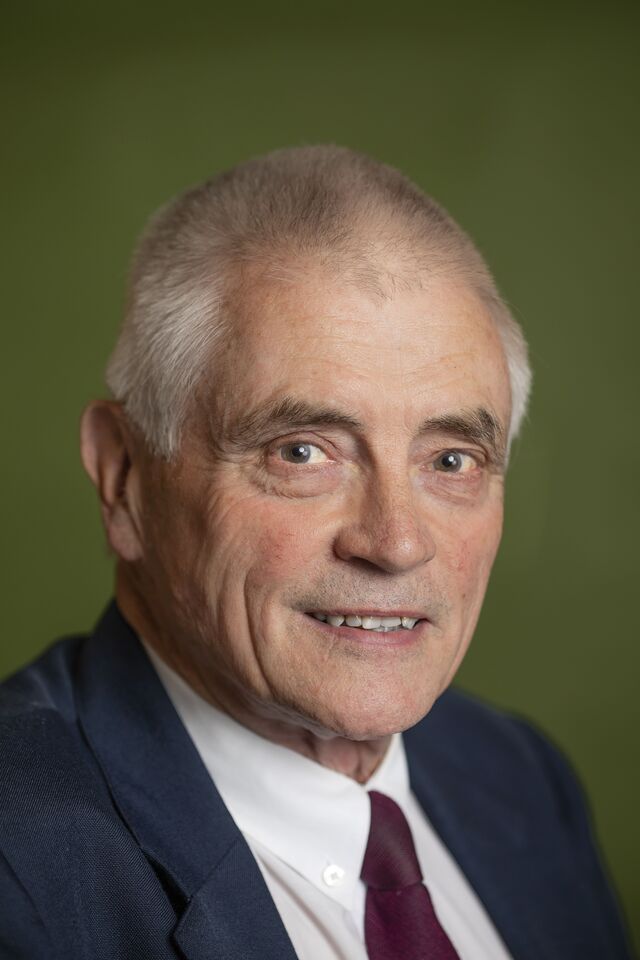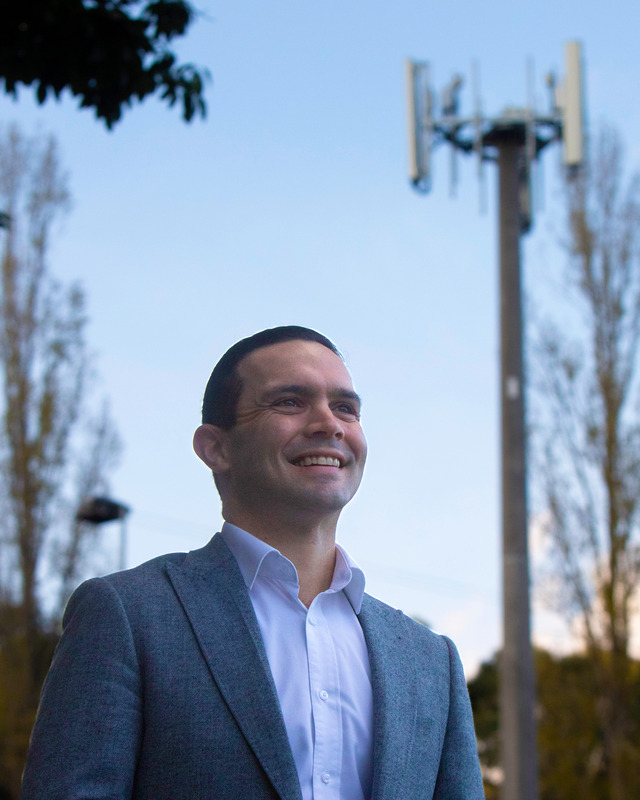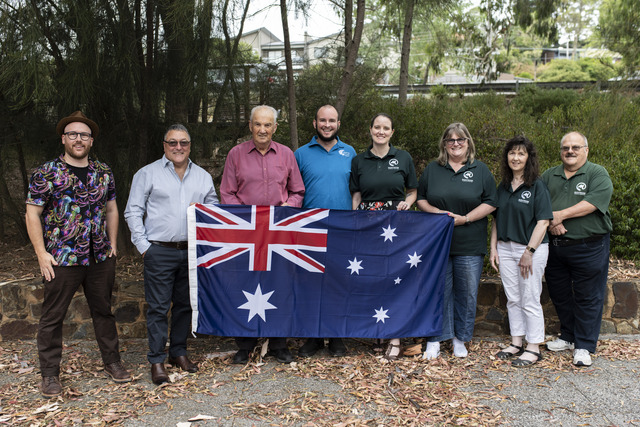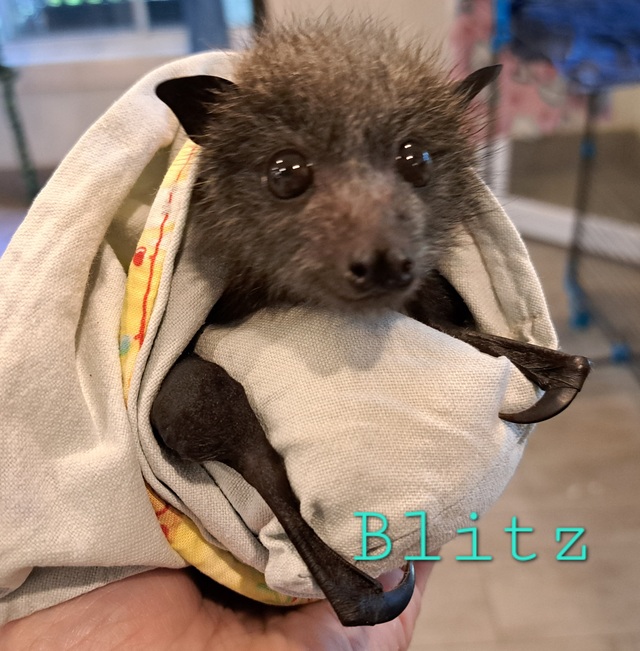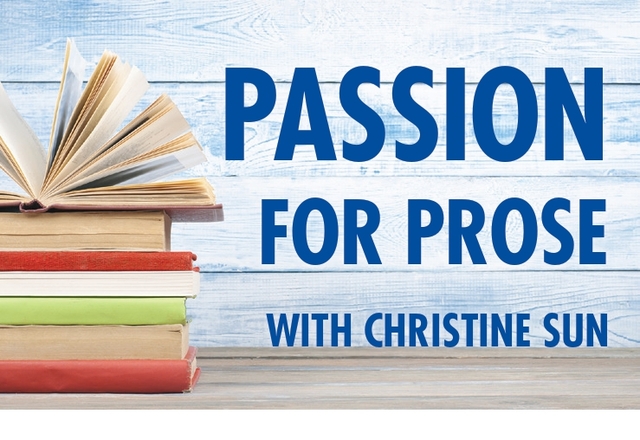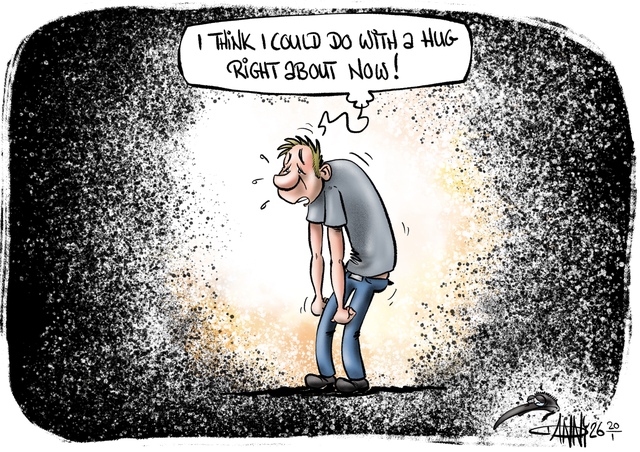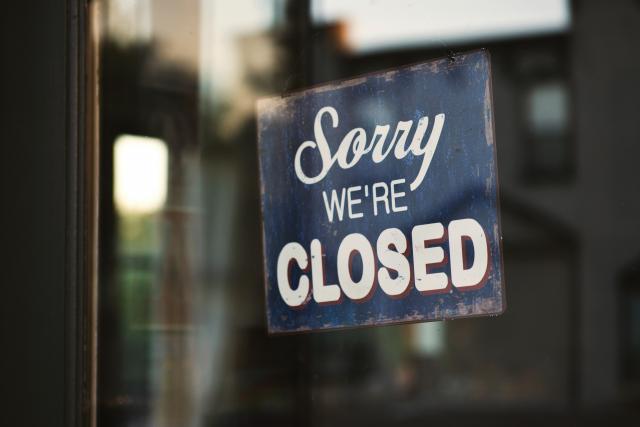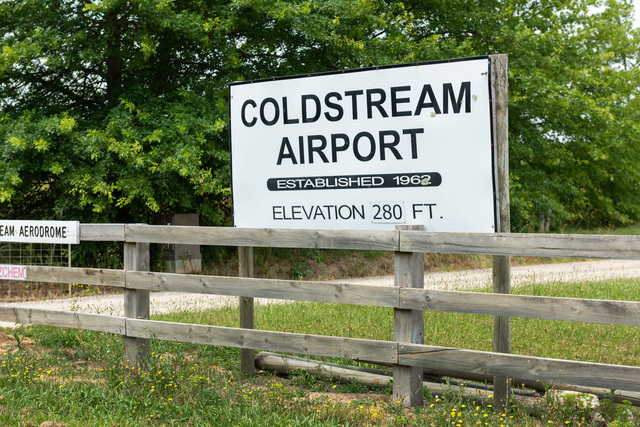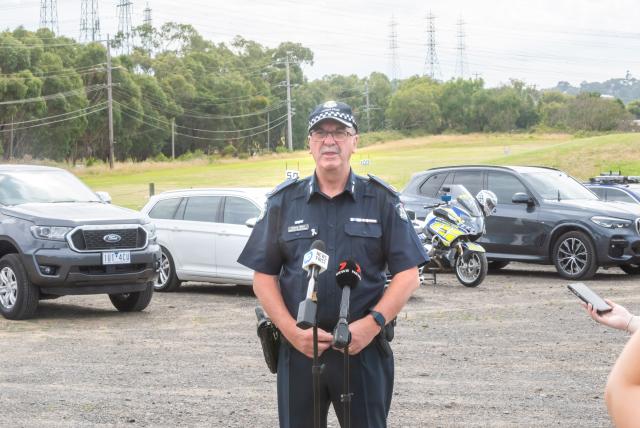School holiday fun was found at the Yarra Regional Museum where the next generation of environmental advocates learnt about one of Victoria’s faunal emblems.
Friends of the Helmeted Honeyeater’s Environmental Coordinator Eliza Lamb led a ‘Build your own nest’ session in the exhibition space currently hosting the ‘Plight of our faunal emblems’ showcase.
Ms Lamb said she brought a selection of nests which the group explored.
“From the introduced blackbird to the white-browed scrubwrens, so they could feel all the different materials and look at the different ways that each bird built its nest before we looked at a helmeted honeyeater nest,” she said.
“Helmeted honeyeater nests are generally made with grasses and gum leaves and twigs and then it’s bound together with cobwebs, so they got to have a really close look at the nest before attempting to build their own and they’ve all made really different and creative nests.”
The nest-building crew were very enthusiastic with some making as many as two or three nests to take home for their backyard.
Ms Lamb said lots of different techniques were used.
“Some have been using the clay as a base to start with, others have been binding it together with twine or some native grasses, we tried to bring a lot of native materials for the group to use,” she said.
“It’s a really great way for the group to come and do something hands-on and fun, but also learn about the bird, what we’re doing out at the friends’ group and how they can get involved. We want to inspire children to go out and take action for threatened species to show them and to discuss openly ways that they can make a change, however small or big, in their own communities.”
Attendees also had plenty of questions, wanting to know how long it takes a helmeted honeyeater to make a nest and what the greatest number of eggs a bird could make was.
“They can talk to their families and friends and share information and share the plight of the species. Our faunal emblems are struggling, and it’s the work of the community and the work of people taking action that helps them,” Ms Lamb said.


